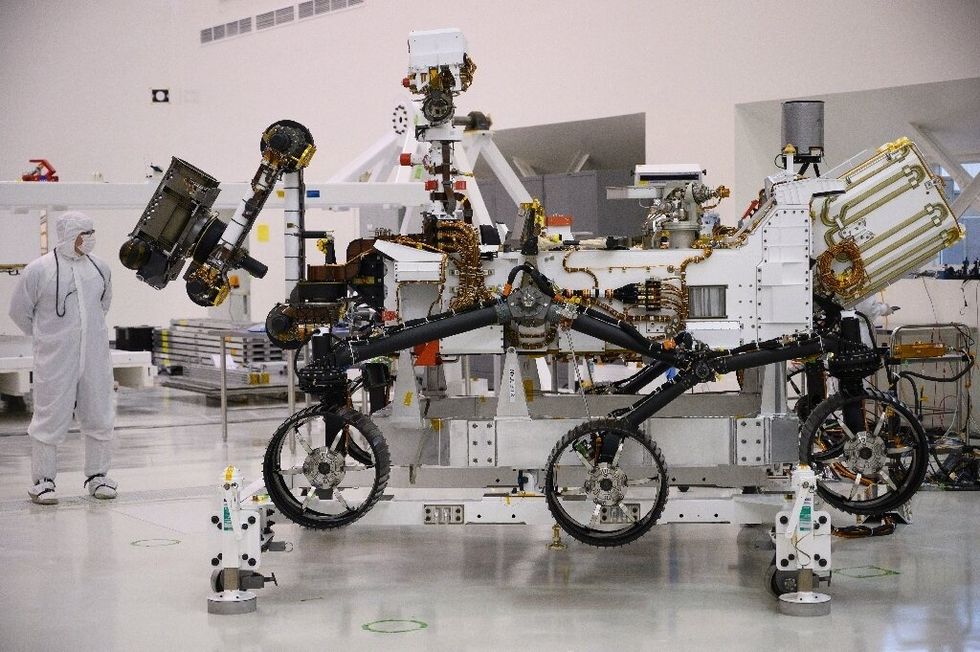According to an article written by CNN on December 10, 2019, NASA announced they will be launching a new robotic space probe this summer to roam the Red Planet, Mars.
The old rover, the MSL's Curiosity Rover, is still operational; and, as of February 5, 2020, has been roaming the planet for 2666 sols (or 2738 days.)
Curiosity's mission centered around the assessment of the habitability of its landing site – the 96-mile-wide Gale Crater.
On December 14, 2016, Space.com had affirmed that through the observations made possible with the 17 cameras attached to Curiosity, parts of Mars could be capable of supporting life.
The Mars 2020 Rover, despite its similar structure, has been upgraded with gadgets and will be sent to the Jezero Crater with the intent to characterize the habitability of its landing site. In addition to this, it will search for ancient biosignatures that could be hiding in rock or soil samples.
Mars 2020 is said to be about 5 inches longer and 280 pounds heavier than Curiosity due to the different, larger set of tools that it will carry. It also has 6 more cameras than the Curiosity, larger and thicker wheels, two microphones to listen to the sounds of Mars, and is capable of calculating pathways 5 times faster than Curiosity.
The new rover is expected to be launched sometime between July and August of this year from Cape Canaveral Air Force Station, Florida. It's landing will be February 18, 2021, and the mission will last one Mars year (approximately 687 Earth days).
As our planet grows weaker from natural disasters and humanity's toxic ecological footprint; finding alternative, habitable planets may become essential for the survival of the human race.
Some experts suggest that the time for panic has passed and have already predicted that we will find ourselves living on an Uninhabitable Earth within the next 10-30 years.
Stephen Hawking once stated in The Daily Telegraph in 2001, "I don't think the human race will survive the next thousand years unless we spread into space. There are too many accidents that can befall life on a single planet. But I'm an optimist."
Observations made possible through these rovers give us insight into the beginnings of our universe and perhaps even ways we can prevent or avoid the long-predicted doomsday.
In the long run, space exploration may be our best chance. The Mars 2020 will surely help increase our knowledge of space and the discoveries made of distant planets.
- Charlotte Observer: Charlotte Breaking News, Sports & More ›
- WatchMen Film - Check out WatchMen Movie Review ›
- Look forward to this??? | Electronics Forum (Circuits, Projects and ... ›
- 2020: 20 things to look forward to this year - CNN ›
- Mars Science Laboratory - Wikipedia ›
- Mission - NASA Mars Curiosity Rover ›
- Summary | Rover – NASA's Mars Exploration Program ›
- Mars Science Laboratory - Curiosity Rover | NASA ›
- Home | Curiosity – NASA's Mars Exploration Program ›
- Curiosity Overview | NASA ›
- Overview | Mission – NASA's Mars Exploration Program ›
- Space Travel Quotes ›
- David Wallace-Wells: The Uninhabitable Earth | Climate One ›
- Podcasts | Climate One ›
- David Wallace-Wells: The Uninhabitable Earth | Climate One ›
















